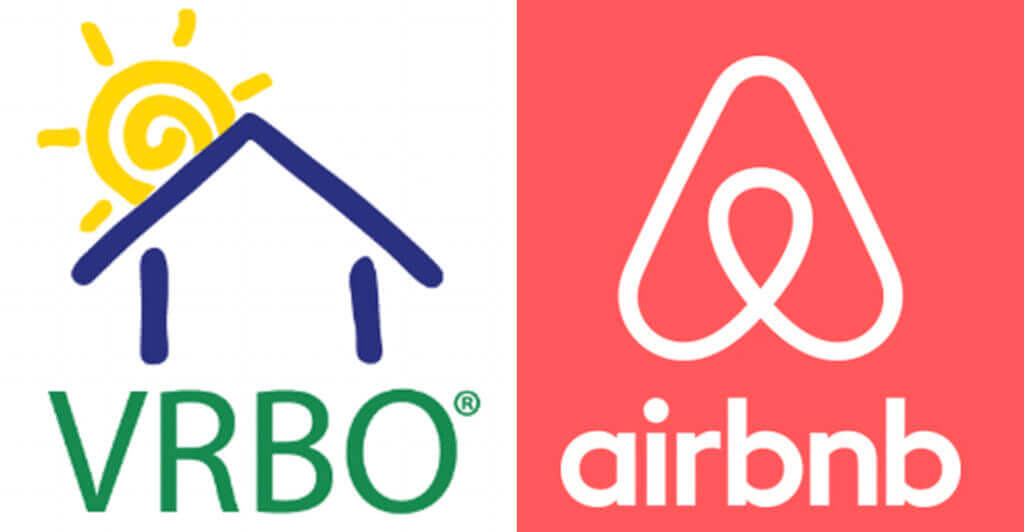
For her bachelorette party, Casey Milovanovich booked a home in Austin through Vacation Rental By Owner, (VRBO), a site that can be easily confused with its more popular competitor AirBnB.
Both websites boast millions of home rentals to browse, look the same, and act as the trustworthy middle-man between renter and property owner–what VRBO advertises as its “Book with Confidence Guarantee.” But when problems with their reservations arise, customers are finding that VRBO’s services are not what they seem.
As Milovanovich and her friends arrived at the house in Austin, they saw that the property’s owner, a man, was waiting for them at the door. He chugged alcohol from the freezer while they settled in, and then left. The whole experience was odd, but the women tried to forget it.
Then, without warning, he suddenly burst into a bedroom where one woman had planned to crash later that night. He seemed wasted and said he was there to fold towels. They hadn’t realized until then that the man’s own home was directly attached to that bedroom, and their rental.
“We were hoping that they would relocate us, because I had a group of like 10 girls that were just freaking out and didn’t feel safe,” Milovanovich tells ConsumerAffairs.
She called VRBO. “They didn’t offer anything, they were like, it’s part of the fine print. Basically, that it’s your responsibility to do your research on the home. We’re just a hosting website, we’re nothing else.”
It’s just one of numerous VRBO horror-stories, shared by renters in interviews with ConsumerAffairs or in dismal reviews surfacing online.
VRBO tells ConsumerAffairs that it takes complaints about personal safety “very seriously and will take appropriate action.” But when it comes to financial disputes, customers describe getting the same response from VRBO–that nothing is VRBO’s responsibility.
VRBO vs AirBnB
VRBO and its parent company HomeAway began as simple, high-end home rental advertising sites in the early 2000s. Expedia bought the brands in 2015 in an attempt to chase after AirBnB’s customers, many of whom were looking for something cheaper than a hotel, even if it meant sharing a home with a stranger.
Expedia’s former CEO closed a significant gap, reporting last year that it had amassed 12 percent of the short-term home rental market, trailing behind AirBnB’s 15 percent.




